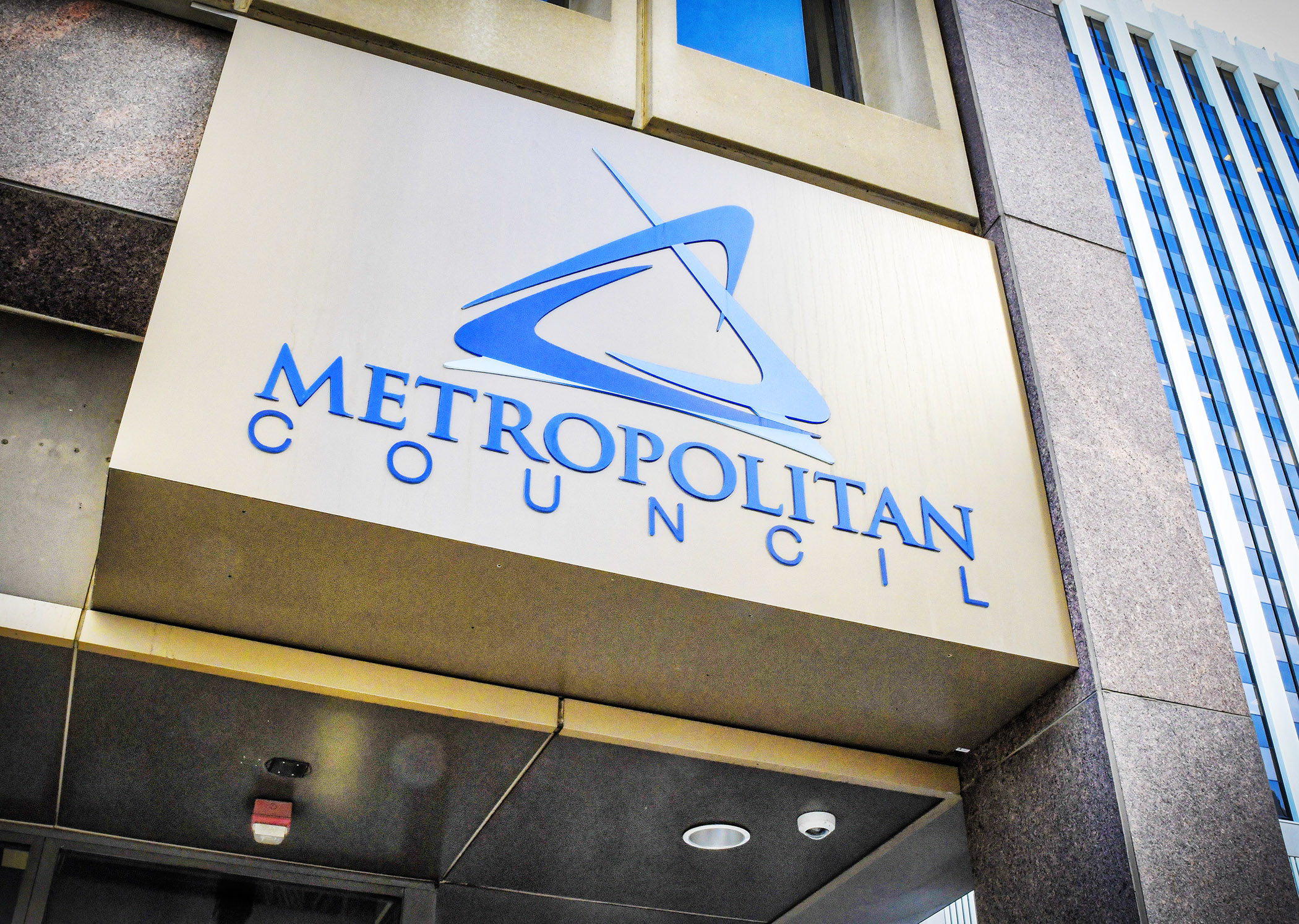Elect Met Council members? Local government panel likes the idea

A 17-member unelected group has taxing authority and oversees some important planning for, but often not thought about, aspects of life in the seven-county Twin Cities metropolitan area, including wastewater infrastructure, parks, housing, zoning and transportation.
Rep. Frank Hornstein (DFL-Mpls) said regional planning is important so as to avert a hodgepodge of individual cities doing their own things.
But he said the current Metropolitan Council Board goes against a core tenet of government: no taxation without representation. “This level of government is too important; it has too much impact on our lives.”
Local government officials previously said it also offers little voice for them in major decisions that could impact their communities.
Heard on an informational basis Thursday by the House Local Government Division, supporters of the Hornstein-sponsored HF1122, say this needs to change.
“I hope this hearing can really initiate a much more serious conversation in the Legislature about what we can do to reform the governance of the council because it plays an incredible role,” Hornstein said.
The bill would make council members elected and would stagger the four-year terms. Currently, they are appointed by the governor and serve terms that coincide with the state’s top elected official. Therefore, if Gov. Tim Walz is not re-elected, all current members could be replaced early next year.
Rep. Steve Elkins (DFL-Bloomington), a former Metropolitan Council member, said the current system is “extremely counter-productive,” and because members are gubernatorial appointments, the council essentially serves as an arm of the governor’s administration.
No one provided any opposition testimony, and Elkins said the only concern he’s heard is the potential costliness of an election.
Will Stokes lives in the Prospect Park area of Minneapolis. He and other testifiers were critical of the lack of accountability under the current system, and said members often don’t listen to constituents nor respond to inquiries.
“The Metropolitan Council has a massive level of power, but is really answerable to no one, directing over $1.2 billion, distributing taxes and deciding on projects whether the community wants them or not,” he said. “… Whoever has been in charge, (Gov. Tim) Pawlenty or Walz now, everything I described is still happening.”
Bills have been introduced to stagger member terms, including HF344 by Rep. Sandra Masin (DFL-Eagan), the division chair.
Hornstein said that is nibbling at the edges. “That doesn’t get at the structural problems and the accountability issues that we have because we still have gubernatorial appointees.”
Sen. D. Scott Dibble (DFL-Mpls) sponsors the companion. SF938 awaits action by the Senate Local Government Policy Committee.
Related Articles
Search Session Daily
Advanced Search OptionsPriority Dailies
Legislative leaders set 2026 committee deadlines
By Lisa Kaczke Legislative leaders on Tuesday officially set the timeline for getting bills through the committee process during the upcoming 2026 session.
Here are the three deadlines for...
Legislative leaders on Tuesday officially set the timeline for getting bills through the committee process during the upcoming 2026 session.
Here are the three deadlines for...
Latest budget forecast projects nearly $2.5 billion surplus, but red ink down the road
By Mike Cook Three weeks before Christmas, state budget officials provided some merriment to Minnesotans. However, Grinch-like transformations lurk.
Released Thursday, the November ...
Three weeks before Christmas, state budget officials provided some merriment to Minnesotans. However, Grinch-like transformations lurk.
Released Thursday, the November ...